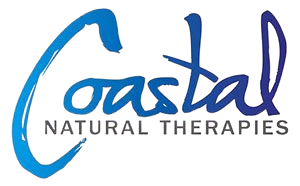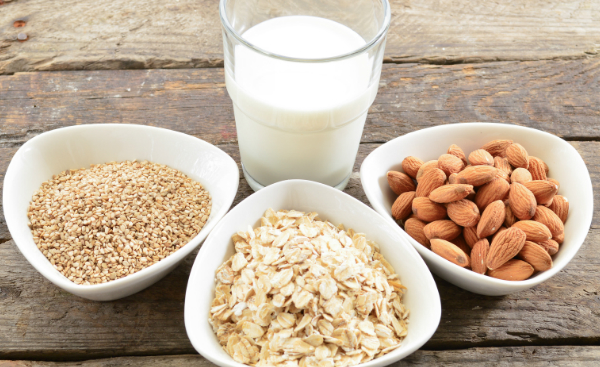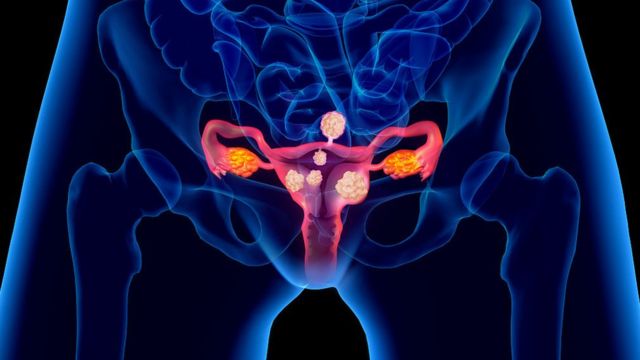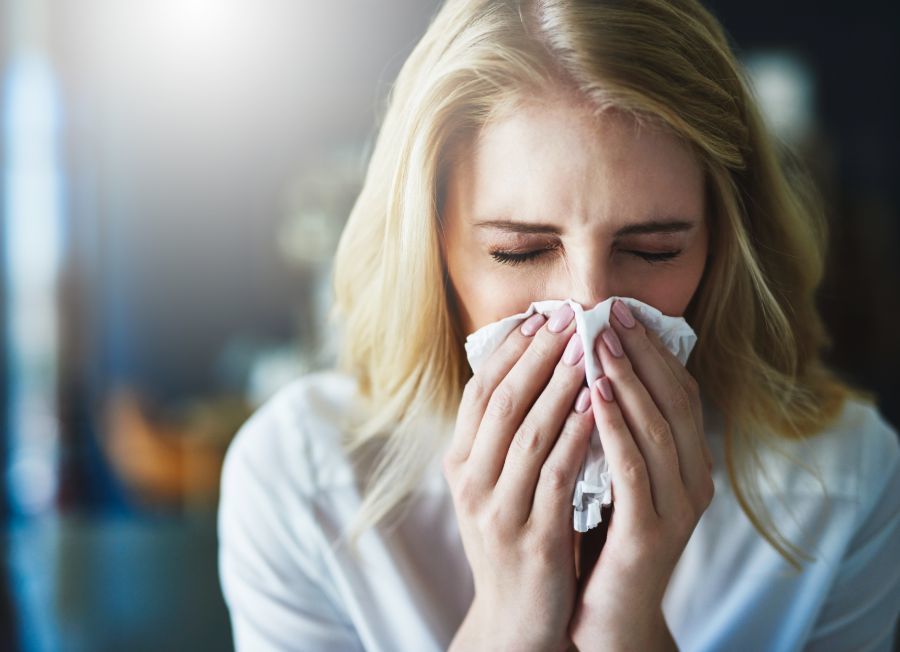Vegetarian Protein
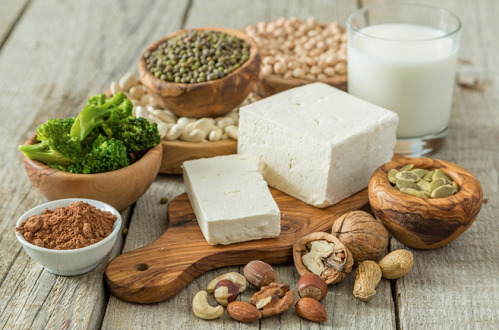
Being vegetarian means you get asked constantly “but where do you get your protein?” and whilst it is frustrating, it is a valid point. Whilst there are plenty of plant based sources of protein, it is actually a fine art ensuring you get ‘complete’ protein sources.
Protein contains amino acids and it’s important that you are getting all of these in your diet to be functioning optimally. Eating just fruit & vegetables will not ensure an adequate source of protein and whilst you may feel ok right now, it will deplete you over time and you will begin to feel fatigued, tired and your immune will start to become fragile.
Some plant based proteins that have all the amino acids are soy (milk, beans, tofu, tempeh – go easy on the ‘meat’ products though), hemp, quinoa and micro algae such as spirulina and chlorella. Dairy and eggs also contain protein so consume these sources if you can, though large amounts of dairy is acid forming in your body.
Whole grains, nuts & seeds and legumes are 3 groups that should be combined to ensure a ‘complete’ source. Therefore, beans and rice, oats and nuts/seeds, hummus on wholegrain cracker are examples of combined food options.
An average person should aim to have at least 1g of protein per kilogram of bodyweight, eg. 70kg = 70g protein per day. This will obviously change if you are on a training program, trying to gain muscle etc, however this is a rough guide.
To give you an idea of how much you need to eat, the following servings contain about 4-6g of protein:
- 1/2 cup cooked beans, lentils or peas
- 1/4 cup nuts
- 1/2 cup tempeh or tofu
- 2 tbsp tahini
A plant based diet is fantastic and has many health benefits if you are doing it correctly. If you would like to speak to a practitioner to discuss your diet, please give us a call on 5531 6461 or email us on info@coastalnaturaltherapies.com.au
© Coastal Natural Therapies Gold Coast
Share This Article

Covid-19 Update
The team at Coastal Natural Therapies are still operating standard hours to the general public. With the unfortunate circumstances of Covid-19 Australia-wide, we have implemented stringent hygienic measures for the safety of our patients and staff. With the fluidity of the current situation, we are regularly keeping up to date with the Australian Government Department of Health recommendations.
Please stay home if unwell
In the consideration of our staff and other patients, if you're currently experiencing any signs of illness please cancel or reschedule your appointment. Please seek medical advise if your symptoms worsen. Please inform our team of any recent travels or if you have been in contact with any individuals whom have recently tested positive with Covid-19.
Please call us directly 07 5531 6461 for bookings and further information, particularly if you have any concerns.
